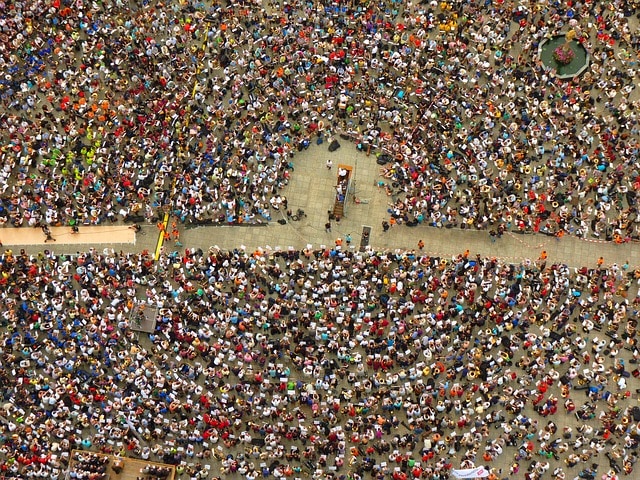
To achieve decriminalization, the people usually demonstrate publicly
Decriminalization is the act and result of decriminalizing . This verb ( decriminalize ) refers to stopping criminalizing conduct that, until then, was classified as a misdemeanor or crime by criminal laws.
Make an act legitimate
A crime involves a violation of the law . For an action or omission to be classified as a crime, it must be classified : that is, defined in a concrete and specific way. In this classification the corresponding penalty is also assigned.
Returning to the idea of decriminalization, it implies that something is no longer classified as a crime . Thus a certain act no longer receives a criminal sanction .
Generally, decriminalization is the consequence of social change . The community, in this framework, considers that a given behavior is no longer harmful or condemnable from a moral point of view, or that it should never have been, so its penalization has no reason. For decriminalization to be effective, this new social mentality must be reflected in the legislation with the modifications and updates of the case.
One of the resources that the population has at its disposal to demand decriminalization is public demonstration . This can materialize in different ways, depending on the topic to be discussed, the region and the time, but generally it is a congregation of hundreds of people on a public street, in front of a government building to make themselves heard, using banners. and megaphones. Thanks to the convenience provided by the Internet, on the other hand, it is also common to gather signatures through a main platform to send a message to the corresponding entity with the claim.
Difference with "legalize"
Although so far we have defined the concept of decriminalize in a way in which it could not be confused with that of legalize , it is not uncommon to find sentences in which they are used interchangeably, as if they were interchangeable. As the word itself indicates, legalize is defined as "incorporating a custom or practice into a norm ", that is, making them legal for the first time.
An act of this type, therefore, has never been legal, while one that can be decriminalized has. The latter went from being accepted by the authorities to having received a criminal aspect. It is worth mentioning that after the decriminalization of a behavior, for example, the time comes to legalize it; In other words, first the prohibition is withdrawn and then a legal system is developed to regulate it .
Examples of decriminalization
The decriminalization of abortion , for example, is often a matter of debate. Many sectors claim that the voluntary interruption of pregnancy is legal under certain circumstances and they frame the issue as a public health issue given the high number of women who lose their lives in clandestine abortions.

Many people are against the decriminalization of abortion
Taking the laws of Mexico as a reference, we can point out the reasons that can justify an abortion:
* that the pregnancy is caused by sexual abuse;
* that not interrupting the process puts the person's health at risk , whether in the short or long term;
* that the fetus shows a significant congenital malformation;
* that the woman has been artificially inseminated against her own will;
* that the abortion occurred by accident, completely involuntarily;
* that the woman's economic situation is so worrying that the pregnancy negatively affects her to an unsustainable level;
* that the woman freely decides to abort.
Many activists in various countries, on the other hand, aim for the decriminalization of marijuana . This movement seeks to ensure that those who grow cannabis for personal use and those who consume this drug for recreational purposes are not punished by law .
